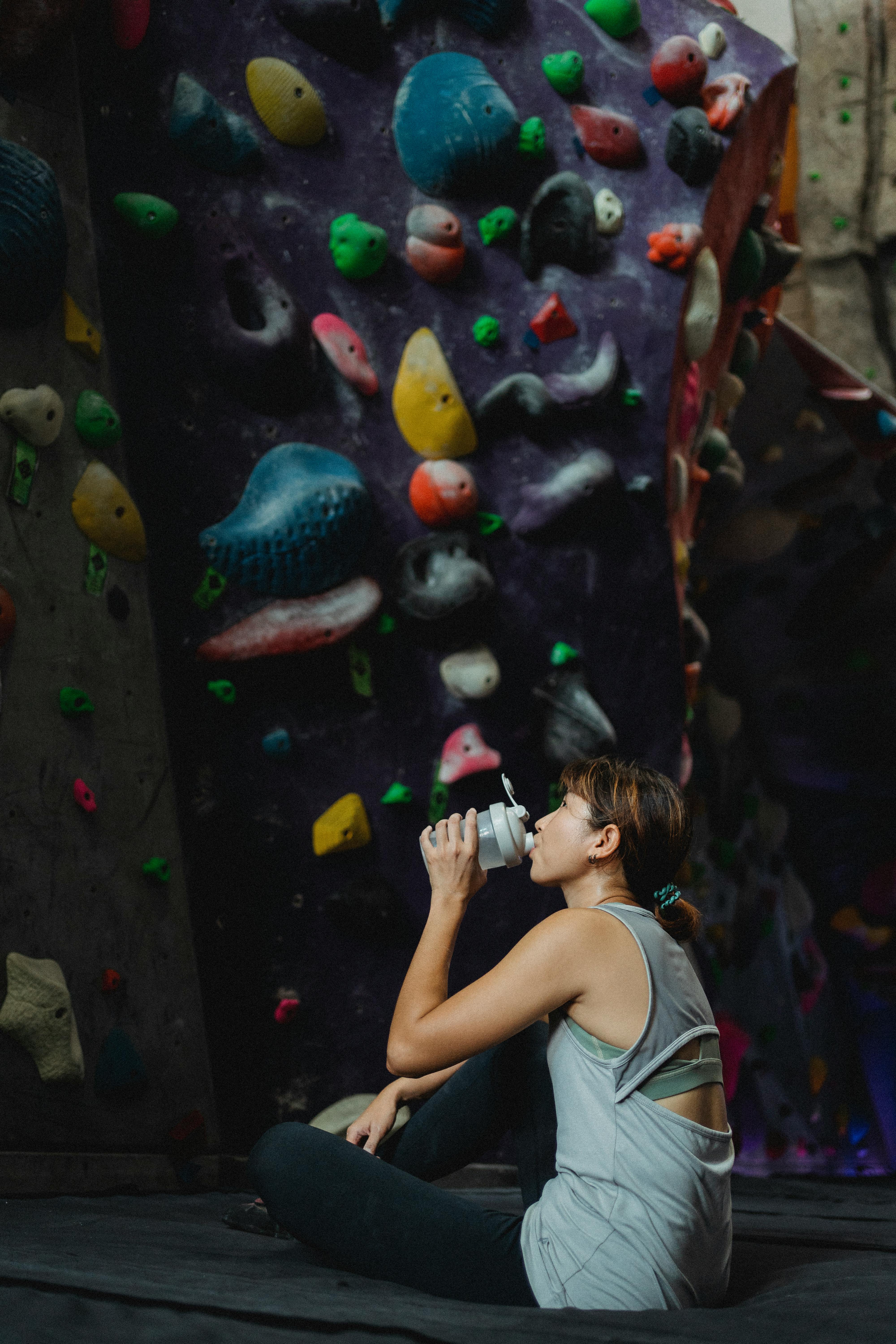Water Safety While Traveling: Tips to Stay Hydrated and Healthy
Traveling can be an exhilarating experience, but it’s important to prioritize your health and well-being, especially when it comes to staying hydrated and ensuring water safety. Whether you’re embarking on a new adventure, exploring remote destinations, or simply taking a vacation, it’s crucial to be aware of the potential risks associated with drinking water in unfamiliar territories.
While traveling to different parts of the world, water safety can vary significantly. In some countries, tap water is safe to consume, while in others, it may be contaminated and pose a risk to your health. Therefore, it’s essential to do your research and plan ahead to ensure you have access to clean and safe drinking water.
Understanding Water Safety
Water safety is a vital aspect of maintaining good health while traveling. Contaminated water can lead to various waterborne illnesses, such as diarrhea, cholera, or typhoid fever. These illnesses can ruin your trip and leave you feeling sick and exhausted.
To ensure water safety while traveling, consider the following tips:
1. Carry a Reusable Water Bottle
Invest in a high-quality, reusable water bottle that is both durable and eco-friendly. This will allow you to carry water with you wherever you go, reducing the need to rely on potentially unsafe water sources. Look for bottles that have filtration systems, such as activated carbon filters, to further purify the water you drink.
2. Stick to Sealed Bottled Water
When you’re uncertain about the safety of tap water, always opt for sealed bottled water. Look for reputable brands and check the seal before purchasing. Additionally, avoid consuming beverages with ice cubes made from tap water, as they can also pose a risk.
3. Use Water Purification Methods
If you’re traveling to areas with questionable water quality, consider using water purification methods. Portable water filters and purification tablets can help eliminate bacteria, viruses, and parasites present in the water. These methods provide an added layer of protection and ensure the water you consume is safe.
4. Avoid Uncooked Foods
Raw fruits and vegetables washed in tap water can be a potential source of contamination. Opt for cooked foods or fruits that you can peel yourself to reduce the risk of consuming contaminants.
5. Stay Hydrated
Maintaining proper hydration is essential, especially in warm climates or during physical activities. Drink plenty of water from safe sources to keep your body well-hydrated and functioning optimally.
By following these tips and being mindful of water safety while traveling, you can enjoy your journey without compromising your health. Remember, it’s better to take precautions and prioritize your well-being when it comes to consuming water in unfamiliar environments. Stay hydrated, stay healthy, and make the most of your travels!

How can you ensure water safety while traveling and stay hydrated and healthy?
When planning a trip, it is essential to prioritize water safety and maintaining proper hydration to ensure a healthy and enjoyable experience. Proper knowledge and precautions can help prevent water-related illnesses and ensure your well-being while exploring new destinations. In this article, we will delve into helpful tips and guidelines to ensure water safety while traveling. From identifying safe drinking sources to staying properly hydrated, we will cover all aspects to keep you well-informed and prepared. So, let’s dive in and discover how you can make your travels a refreshing and safe experience!

Water Safety While Traveling: Tips to Stay Hydrated and Healthy
Water safety is a critical aspect to consider when traveling, particularly in unfamiliar places. Access to safe and clean drinking water is essential for maintaining good health and preventing waterborne diseases. In this article, we will explore valuable tips to ensure you stay hydrated and healthy throughout your travels.
1. Research Water Quality
Prior to your trip, it’s crucial to research the quality of water in the destination you’re visiting. Different regions may have varying levels of water contamination, which can pose health risks if consumed. By gathering information and understanding the local water conditions, you can make informed decisions regarding your drinking water sources.
Burstiness tip: Remember, it’s always recommended to be cautious and skeptical about water quality in unfamiliar places, as it might not meet the same standards as your home country. Ensure accurate research by checking reliable sources such as government reports or international health organizations’ recommendations.
2. Choose Safe Drinking Water
When traveling, it’s important to select safe drinking water sources to avoid consuming contaminated water. Here are some options to consider:
- Purified Bottled Water: Opt for commercially sealed bottles from reputable brands. Check the seal integrity before purchasing.
- Filtered Water: Use water filters designed to remove common contaminants. Portable water filters or water filter bottles can be handy companions during your travels.
- Boiled Water: Boiling water is an effective way to kill harmful bacteria and parasites, making it safe for consumption. Ensure you bring the water to a rolling boil for at least one minute before cooling it down.
Perplexity tip: Choosing the right drinking water source depends on factors such as accessibility, available resources, and personal preferences. It is important to plan ahead and pack accordingly to ensure you have access to safe drinking water during your journey.
3. Sanitize Your Reusable Water Containers
If you prefer using a reusable water bottle during your travels, it’s crucial to keep it clean and free from bacteria buildup. Regularly sanitize your water containers using mild soap and water or antibacterial solutions. Pay special attention to the cap and mouthpiece areas, as they often come into direct contact with your mouth.
Predictability tip: By maintaining hygiene practices and ensuring your reusable water containers are clean, you can minimize the risk of ingesting harmful contaminants that may affect your health. Keep it a habit to clean and sanitize your water bottle regularly.
4. Stay Hydrated
Traveling, particularly in warm climates, can lead to dehydration if proper precautions are not taken. Stay hydrated by drinking an adequate amount of water throughout the day. Carry a water bottle with you at all times and sip on it regularly, even if you don’t feel thirsty.
Burstiness tip: Remember, burstiness in writing can make the content interesting and engaging. Similarly, burstiness in your water intake can help maintain a proper hydration level during your travels.
Statistical Insight: Water Safety for Drinking
According to a recent study conducted by the World Health Organization, approximately 785 million people worldwide still lack basic drinking water services. This emphasizes the importance of prioritizing water safety while traveling to protect your health and well-being.
Remember, ensuring water safety while traveling is a vital aspect of maintaining good health. By researching water quality, choosing safe drinking water sources, sanitizing your reusable water containers, and staying hydrated, you can minimize the risks associated with contaminated water and enjoy a safe and healthy journey.

Conclusion
Staying hydrated and practicing water safety while traveling is of utmost importance to ensure a healthy and enjoyable trip. Throughout this article, we have discussed several key points and insights regarding the importance of safe drinking water. It is essential to prioritize water quality and take necessary precautions to avoid waterborne illnesses.
One of the key takeaways is the significance of drinking clean and safe water to prevent dehydration and potential health risks. Always opt for sealed bottled water or properly filtered water when available. In areas where clean drinking water may be scarce, using water purification tablets or portable water filters can be a lifesaver.
Additionally, understanding local water conditions and being aware of potential contaminants is crucial. Avoid consuming tap water in areas with questionable water quality and refrain from using ice made from tap water. Taking extra precautions, such as using sterilized water for brushing teeth and washing fruits and vegetables, can further minimize the risk of ingesting harmful bacteria or parasites.
Moreover, it is important to remember that water safety extends beyond drinking water. While swimming or engaging in water activities, be cautious of the water quality in lakes, rivers, or pools. Pay attention to any warnings or advisories regarding water pollution or unsafe conditions.
In conclusion, by staying vigilant and following these water safety tips, you can safeguard your health and well-being during your travels. Prioritize clean drinking water, take necessary precautions, and always be mindful of the local water conditions. With these measures in place, you can enjoy your trip while staying properly hydrated and healthy.




